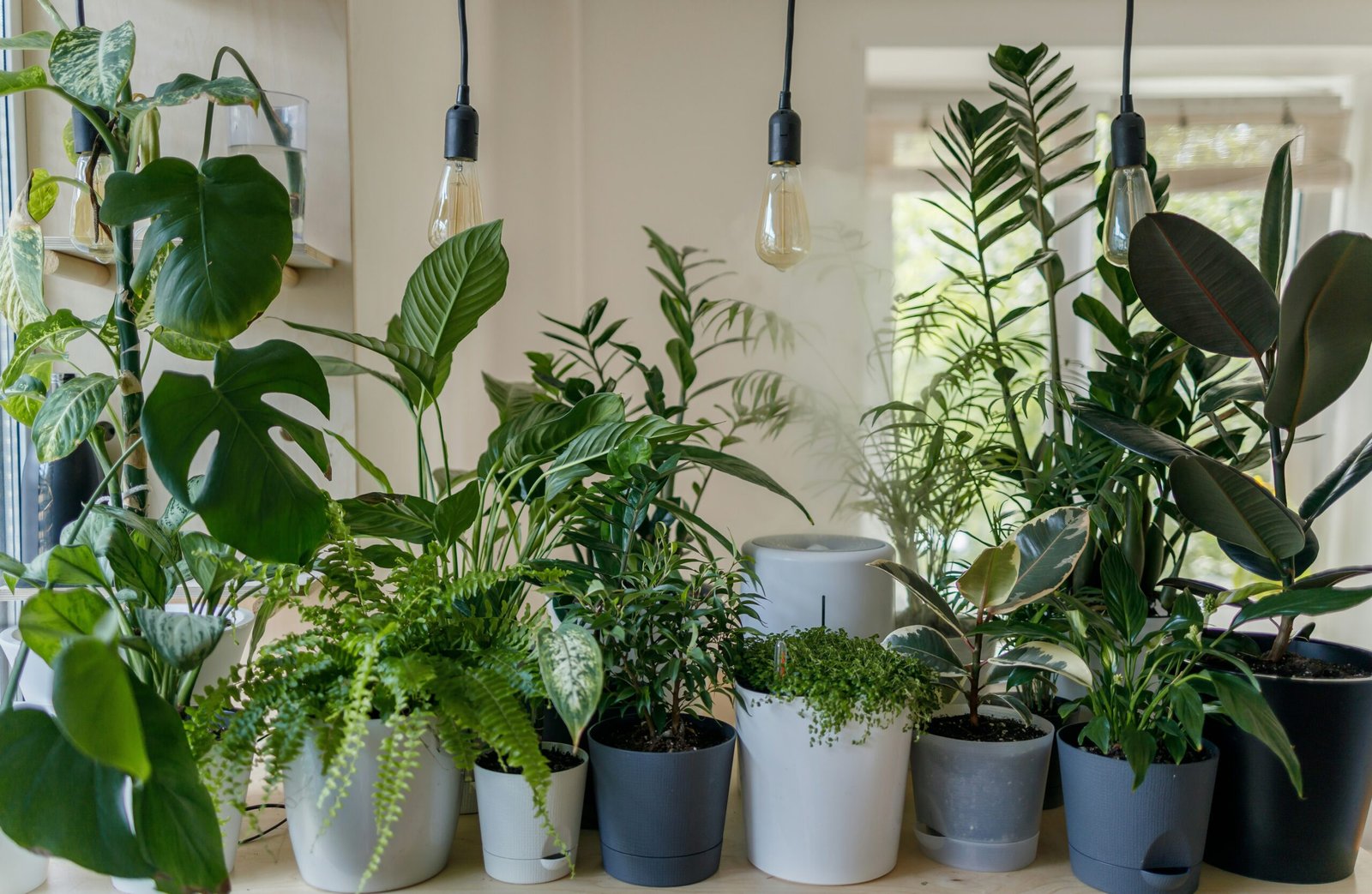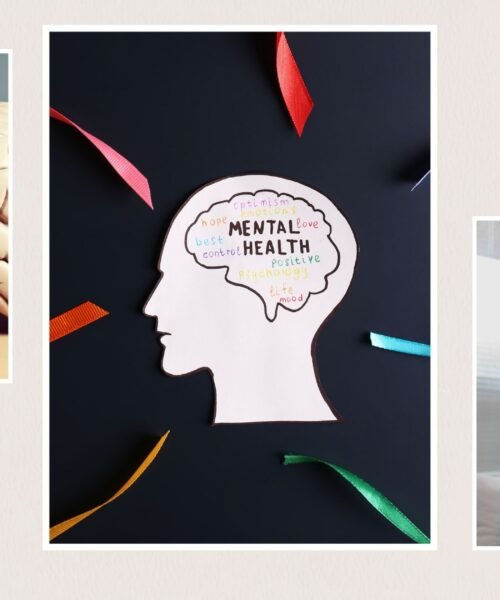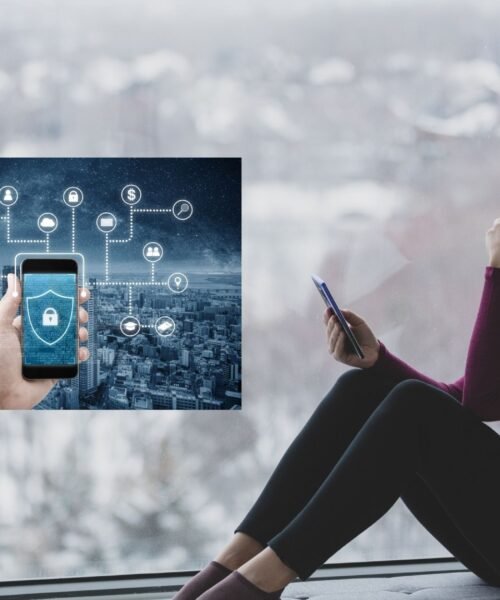How Mobile Technology Can Improve Mental Health
In today’s fast-paced world, mental health has become a crucial aspect of our overall well-being. With the advent of technology, particularly mobile technology, there are now more tools than ever to help us manage and improve our mental health. But how exactly can mobile technology make a difference? Let’s dive in and explore.
Understanding Mental Health
Mental health refers to our emotional, psychological, and social well-being. It affects how we think, feel, and act, and plays a vital role in how we handle stress, relate to others, and make choices. Common mental health issues include anxiety, depression, and stress, which can significantly impact our daily lives.
The Rise of Mobile Technology
Mobile technology has evolved rapidly over the past few decades. From the first mobile phones to today’s smartphones, these devices have become an integral part of our daily lives. They offer a wide range of functionalities, from communication to entertainment, and now, mental health support.
Mobile Apps for Mental Health
One of the most significant ways mobile technology can improve mental health is through apps. There are various types of mental health apps available:
- Meditation and Mindfulness Apps: Apps like Headspace and Calm offer guided meditation and mindfulness exercises to help reduce stress and anxiety.
- Therapy and Counseling Apps: Apps like BetterHelp and Talkspace connect users with licensed therapists for virtual counseling sessions.
- Mood Tracking Apps: Apps like Moodpath and Daylio allow users to track their moods and identify patterns over time.
Telehealth Services
Telehealth services have revolutionized the way we access mental health care. Virtual therapy sessions provide a convenient and accessible way for individuals to receive professional help without leaving their homes. This is especially beneficial for those living in remote areas or with mobility issues.
Social Support Networks
Mobile technology also enables us to connect with others and build social support networks. Online support groups and forums provide a platform for individuals to share their experiences and offer support to one another. Additionally, staying connected with loved ones through messaging and video calls can provide emotional support and reduce feelings of isolation.
Wearable Technology
Wearable technology, such as smartwatches and fitness trackers, can also play a role in improving mental health. These devices can monitor physical activity, sleep patterns, and even stress levels, providing valuable insights into our overall well-being. By tracking these metrics, individuals can make informed decisions about their health and lifestyle.
Digital Journaling
Journaling has long been recognized as a therapeutic activity. Digital journaling apps like Journey and Penzu make it easy to record thoughts and feelings on the go. Journaling can help individuals process emotions, reflect on experiences, and set goals for personal growth.
Gamification and Mental Health
Gamification involves using game-like elements in non-game contexts to engage and motivate users. Some mental health apps incorporate gamification to make mental health management more enjoyable. For example, apps like SuperBetter use game mechanics to help users build resilience and achieve their mental health goals.
AI and Chatbots
Artificial intelligence (AI) and chatbots are becoming increasingly popular in the mental health space. AI-powered chatbots like Woebot and Wysa provide users with real-time mental health support and guidance. These chatbots use natural language processing to engage in conversations and offer evidence-based strategies for managing mental health.
Privacy and Security Concerns
While mobile technology offers many benefits for mental health, it’s essential to consider privacy and security concerns. Protecting personal data and ensuring confidentiality is crucial when using mental health apps. Users should look for apps that comply with data protection regulations and offer robust security measures.
Challenges and Limitations
Despite the many advantages, there are also challenges and limitations to using mobile technology for mental health. Potential drawbacks include over-reliance on technology, the risk of misinformation, and the digital divide, which refers to the gap between those who have access to technology and those who do not. Addressing these issues is essential for maximizing the benefits of mobile technology in mental health care.
Future of Mobile Technology in Mental Health
The future of mobile technology in mental health looks promising. Emerging trends include the use of virtual reality (VR) for therapy, advancements in AI, and the development of more personalized mental health apps. As technology continues to evolve, we can expect even more innovative solutions to support mental health.
Conclusion
In conclusion, mobile technology has the potential to significantly improve mental health by providing accessible, convenient, and effective tools for managing mental health. From apps and telehealth services to wearable technology and AI, there are numerous ways that mobile technology can support our mental well-being. Embracing these advancements can help us lead healthier, happier lives.
FAQs
What are the best mental health apps?
Some of the best mental health apps include Headspace, Calm, BetterHelp, Talkspace, Moodpath, and Daylio. These apps offer a range of services, from meditation and mindfulness exercises to virtual therapy sessions and mood tracking.
How can mobile technology help with anxiety?
Mobile technology can help with anxiety by providing tools for relaxation, stress management, and professional support. Apps like Headspace and Calm offer guided meditation and mindfulness exercises, while therapy apps like BetterHelp and Talkspace connect users with licensed therapists.
Are virtual therapy sessions effective?
Yes, virtual therapy sessions can be effective for many individuals. They offer a convenient and accessible way to receive professional help, especially for those who may have difficulty attending in-person sessions. Research has shown that virtual therapy can be just as effective as traditional face-to-face therapy.
What are the privacy concerns with mental health apps?
Privacy concerns with mental health apps include the protection of personal data and ensuring confidentiality. Users should look for apps that comply with data protection regulations and offer robust security measures to safeguard their information.
How can I choose the right mental health app for me?
To choose the right mental health app, consider your specific needs and preferences. Look for apps that offer the services you require, such as meditation, therapy, or mood tracking. Read reviews and check for data protection measures to ensure the app is reputable and secure.










